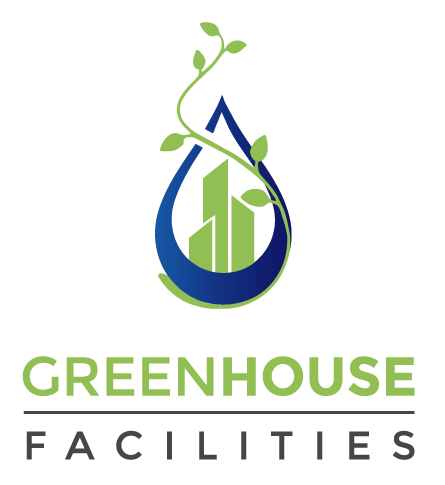Tax time is right around the corner and your green lifestyle might save you money when you file this year. Some green tax breaks expired at the end of 2013, which means you can claim them on the taxes you file this April, 2014, but not again; and some will be available for taxes filed in 2015 and beyond. Always ask your accountant if you qualify for these potential tax savings and research any green tax breaks on your own to ensure they are applicable for your unique situation.
Smart transportation savings
According to Forbes, if you took public transportation instead of driving to work you might be able to claim a tax break this year. “The transit parity tax break—putting train commuters on the same footing as car commuters who park so they can defer $245 a month of pretax salary to use for commuting expenses—is in danger yet again. If you commute and your employer offers the benefit, make sure you’re taking advantage of it for the rest of the year. And then for 2014, sign up through your employer, and if Congress extends the break retroactively, you’ll be more likely to be able to get money back.”
Driving an electric car could lower your taxes. According to Sierra Club, the Plug-in Electric Drive Vehicle Credit, which stays intact through 2014, offers drivers of qualified electric vehicles $2,500 to $7,500 in credit, depending on the car’s battery capacity. Search your vehicle by make, model, and year to check whether it qualifies at the U.S. Department of Energy’s Fuel Economy website.”
Green home tax breaks
According to Forbes, “There’s a $500 tax credit (that’s a dollar for dollar savings) for making certain energy-efficient improvements to your home like putting in a new front door, added insulation or a corn stove. The credit is 10% of the cost of building materials, so if the cost is $5,000 you get $500 back courtesy of Uncle Sam. One big caveat: The $500 credit applies to cumulative claims for the credit dating back to 2006. For details, see Fiscal Cliff Deal Helps Pay For Green Home Remodels.”
These incentives for renewable energy systems will be around through Dec. 31, 2016. If you installed a solar hot water heater or splurged on a solar photovoltaic array or small wind energy system, you could receive a tax credit of up to 30% of the cost of the system. As always, there are exceptions and fine print, so discuss your possible tax breaks with a trained tax professional before you make your claim. For example, this tax break doesn’t apply to improvements made on rental properties, only primary or secondary homes so be sure to sit down for a conversation with a tax preparer before you start counting the money you’re expecting to get back.
Home improvements aren’t limited to big ticket changes. Even if you replaced exterior doors, windows, roof, insulation, air-conditioning unit, or heat pump with eco-friendly alternatives, you might be entitled to receive a portion of your expenditures back in the form of a tax credit, although changing laws may make this green tax break a thing of the past after you file in 2014.
Donations deserve a tax incentive
Just donating your unwanted household items and clothing to a good cause can earn you some credit with the IRS. Giving used items in good condition to charitable organizations like Goodwill or making a contribution to your favorite environmental nonprofit such as The Nature Conservancy could result in a tax break on April 15, providing it meets the requirements set out by the IRS.
According to Forbes, “If you’re 70 and a half or older, you can transfer up to $100,000 out of your Individual Retirement Account to charity. For some taxpayers, this is more tax-efficient than taking the required IRA distributions, paying income tax on those distributions and then giving to charity and getting an income tax deduction for the charitable gift.”
To see all instructions and specifics visit the Internal Revenue Service’s (IRS) guide to charitable contributions. If you donated goods to an organization that lets you calculate the cost of your contribution, check out the IRS’ guidelines on determining the value of your donated property.
Talk to us: What green tax incentives did you earn in 2013?
